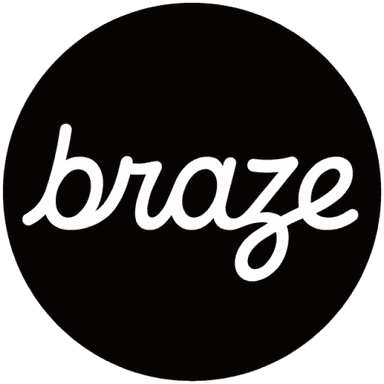Introducing Braze Report Builder: Analyze Away
Published on April 15, 2021/Last edited on April 15, 2021/3 min read


Jennifer Keck
CopywriterYou’ve got to know where you are before you can figure out where you need to go. It’s true for navigation, and it’s just as true when it comes to customer engagement. To make the most of their marketing programs, brands need to move beyond stale information and clunky analysis to embrace real-time data in order to make moment-by-moment adjustments and more accurate projections. One smart way to make that happen? Leveraging the Braze platform’s Report Builder feature.
How Report Builder Helps Optimize Performance
Simply put, Report Builder empowers brands to track customer engagement efforts with an eye toward optimizing future performance. It lets you compare the results of multiple campaigns or customer journeys (via the platform’s Braze Canvas customer journey management feature) in a single view and determine which strategies have the most impact on key metrics.
You can use these reports to answer questions such as:
- Which campaigns or Canvases performed the best for a specific tag (e.g. onboarding journeys, winback campaigns, etc.) or messaging channel (e.g. email, push, SMS, etc)?
- How do different delivery methods impact open rates, conversion rates, or purchase rates?
- Which seasonal promotion campaigns led to higher purchase rates (e.g. the summer sale, fall sale, or winter sale)?
- And many more
You can also use Report Builder to create automated reports. These help you save time and uncover insights even faster for recurring analyses—like monitoring campaign performance on a weekly, monthly, or other cadence. And, best of all, you can save, edit, or export each of your custom reports as desired.
Using Report Builder to Make Progress on Goals: Step by Step
Now, let’s take a look at how to use reports to achieve your goals. We break it down step by step.
Step 1: Identify goal
In this case, let’s imagine we’re a retailer looking to promote our lineup of kitchen products. We’ll measure success through engagement metrics, revenue, and number of orders placed.
Step 2: Launch a series of campaigns aimed at driving that goal
We can launch a series of campaigns that test out different copy, creative, channels, discounts, and more.

Step 3: Run a report to determine campaign effectiveness
From there, we can create a custom report which compares these different campaigns across the metrics that we care most about. We can also see average and total performance across all of these different campaigns.

Step 4: Uncover insights
Next, we can begin to pick apart different insights from the data. In this example, we made $115,292 based on these campaigns. We had an 18.29% conversion rate, on average, and drove 4,004 orders. Email drove higher engagement rates than push, but push drove higher conversions. Both engagement and conversions were high when channels were combined. Additionally, discount campaigns resulted in more orders placed.

Step 5: Apply findings to future campaigns
Moving forward, we can apply these findings to deliver even better results. We might want to rely more heavily on push notifications as a primary driver for our promotional discounts messaging vs. emails. We can also begin to test additional elements like: Campaign delivery mechanisms (action-based vs. scheduled), message frequency, impact on unsubscribes or uninstalls, and much more.
Interested in seeing a real-life example of a Braze customer leveraging Report Builder to analyze email newsletter performance? Check out our reporting and analytics webinar for the full story.
Final Thoughts
As you can see, knowing exactly what to do with your data makes a big difference. And while Report Builder makes it easy to analyze it, our comprehensive guide will help you tackle measurement strategies that go beyond-one off metrics.
DownloadKey Measurements for Customer Engagement to learn more about what to track, what to measure, and how it can drive business growth.
Related Tags
Be Absolutely Engaging.™
Sign up for regular updates from Braze.
Related Content
View the Blog
Designing the email marketing customer journey

Team Braze

Move up the personalization spectrum: Introducing RCS, Banners, and Canvas Context

Haley Trost

SMS marketing strategy done right: Key steps and real-world examples
